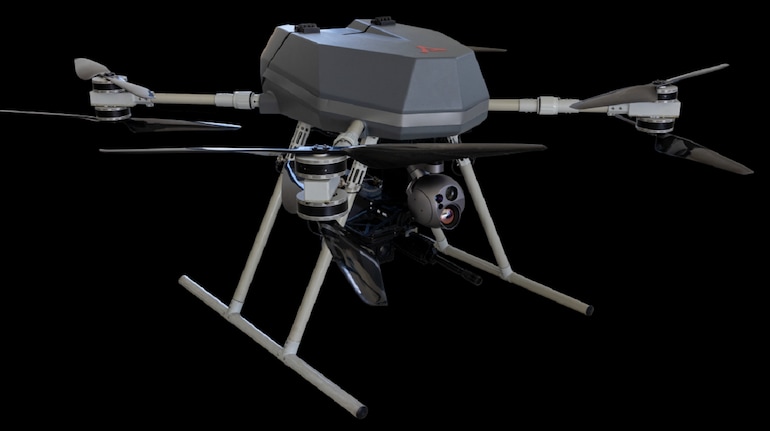SOURCE: AFI

In a startling revelation, an India Today report has disclosed that Turkey played a significant role in supporting Pakistan during its recent four-day conflict with India, supplying over 350 drones and deploying military operatives to coordinate attacks. According to sources cited by India Today, two Turkish military operatives were killed during India’s Operation Sindoor, a retaliatory campaign launched on May 7, 2025, in response to the April 22 Pahalgam terror attack that claimed 26 civilian lives.
The operation, which targeted terrorist infrastructure and Pakistan Air Force (PAF) bases, has exposed Turkey’s deep military involvement, including the coordination of drone strikes against Indian military and stalker targets, prompting India to block Turkish state-run broadcaster TRT on platform X and fueling calls for a boycott of Turkish goods.
Operation Sindoor, executed by the Indian Armed Forces, initially targeted nine terrorist camps linked to Jaish-e-Mohammed (JeM), Lashkar-e-Taiba (LeT), and Hizbul Mujahideen in Pakistan and Pakistan-occupied Kashmir (PoK). The strikes, conducted on May 7, killed over 100 terrorists, including high-value targets like Yusuf Azhar and Mudassar Khadian Khas, and destroyed key terror infrastructure in Bahawalpur and Muridke. However, Pakistan’s retaliation on May 8–9, involving 300–400 drones targeting 36 Indian locations from Leh to Sir Creek, escalated the conflict. Forensic analysis of downed drones confirmed they were Turkish-made Asisguard Songar models, designed for surveillance and precision strikes.
The India Today report reveals that Turkey’s support extended beyond drone supplies. Turkish advisors, embedded with the Pakistani Army, assisted in coordinating these attacks, which aimed to test India’s air defense systems and gather intelligence. The presence of two Turkish military operatives, killed during Indian counterstrikes, underscores Ankara’s active role in the conflict. Sources indicated that Pakistan is unlikely to publicly acknowledge these casualties, highlighting the sensitive nature of Turkey’s involvement.
Turkey’s contributions to Pakistan’s war efforts were multifaceted. According to the India Today report, over 350 drones, including Asisguard Songar and Bayraktar TB2 models, were supplied to Islamabad. The Songar, equipped with variants like 5.56mm assault rifles, 40mm grenade launchers, and 81mm mortar grippers, was used for close air support and kamikaze strikes against Indian forward positions and supply convoys. The Bayraktar TB2, known for its success in conflicts like Nagorno-Karabakh, provided enhanced surveillance and target designation capabilities.
Beyond drones, Turkey’s military engagement included the deployment of six C-130 transport aircraft to Pakistan in the days leading up to the conflict, sparking speculation of arms deliveries. While Ankara denied these claims, stating the aircraft were for refueling, global air surveillance systems confirmed their presence. Additionally, the Turkish naval corvette TCG Buyukada (F-512) docked at Karachi Port on May 5, described as a “goodwill visit” by Pakistan but viewed by India as aggressive posturing.
Turkish advisors reportedly played a critical role in operational planning, helping Pakistani forces coordinate drone swarms to overwhelm Indian defenses. The death of two operatives, likely drone operators or technical advisors, during Indian precision strikes—possibly at bases like Murid or Bholari—marks a significant escalation in Turkey’s direct involvement.
Public sentiment in India has turned sharply against Turkey, with the hashtag #BoycottTurkey trending on X. Netizens expressed outrage, recalling India’s aid during the 2023 Turkey-Syria earthquake under Operation Dost, which delivered ?7 crore in relief and deployed NDRF teams. Indian e-commerce platforms like Flipkart and Cleartrip have halted bookings to Turkey, and the Udaipur Marble Processors Association is pushing for a ban on Turkish marble imports, which account for 70% of India’s supply.
NOTE: AFI is a proud outsourced content creator partner of IDRW.ORG. All content created by AFI is the sole property of AFI and is protected by copyright. AFI takes copyright infringement seriously and will pursue all legal options available to protect its content.